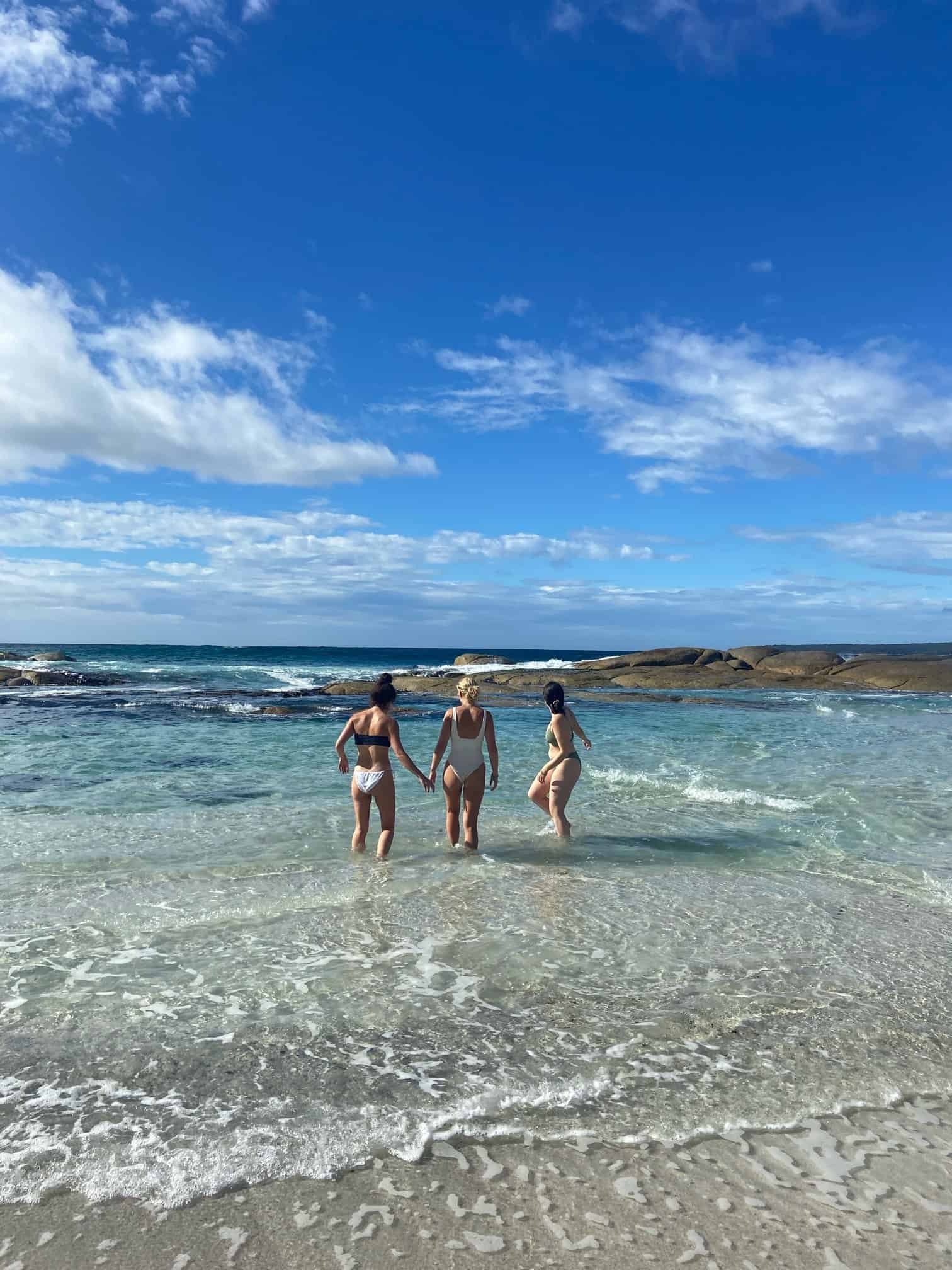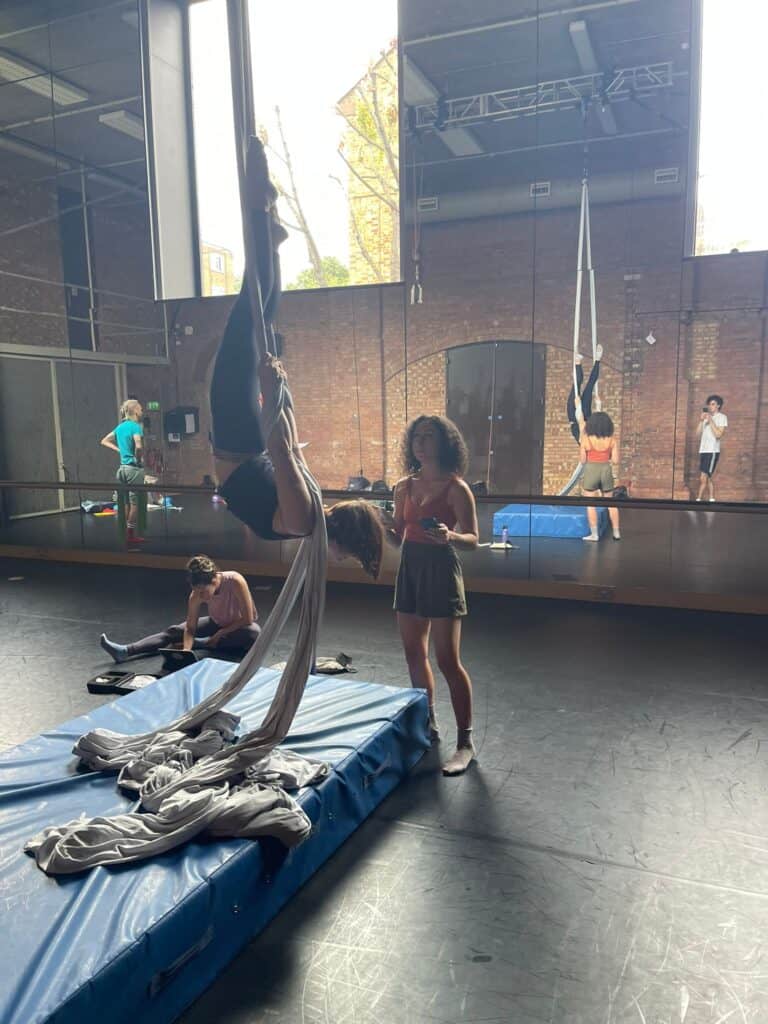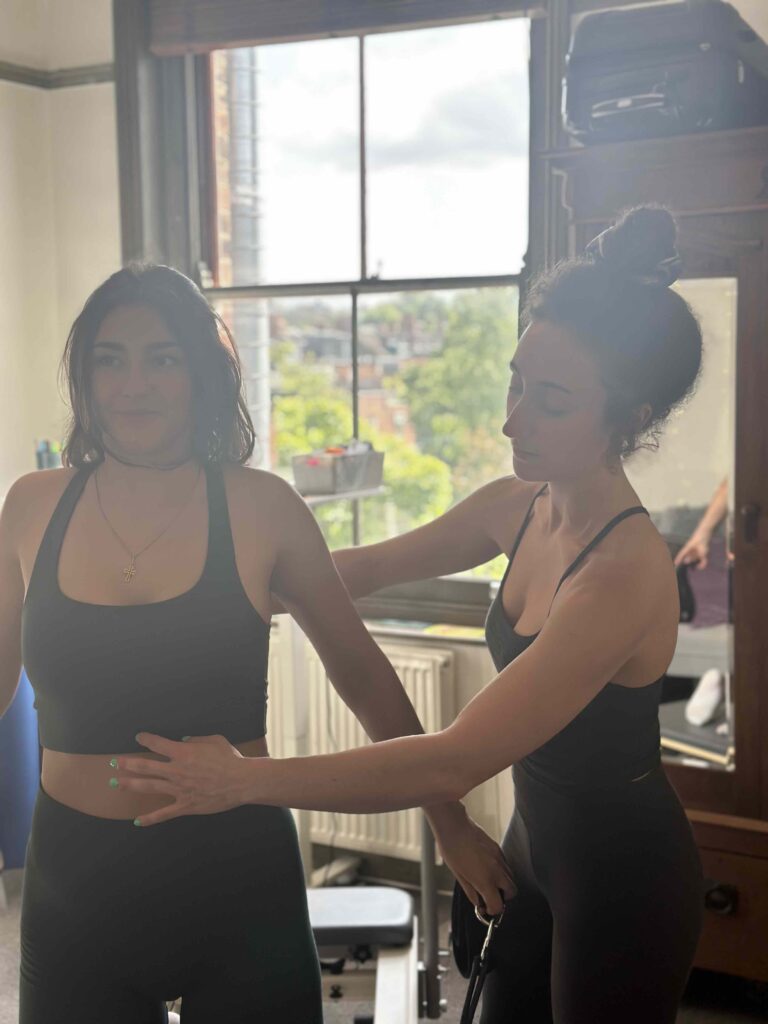Best of Tasmania: Top 6 Hikes and National Parks to Explore
Tasmania, otherwise known as Tassie, is a beautiful island south of mainland Australia known for its stunning beaches, unique wildlife, extreme climate and diverse national parks. Booking a 5-7 day tour will allow you to see the highlights of the mainland. I chose to book a tour through Under Down Under and was not disappointed. Here are some of the highlights of my experience in this tour.
Blog Guide
- Where to hike and enjoy nature in Tasmania
- FAQ:
- Conclusion: Best of Tasmania: Top 6 Hikes and National Parks to Explore
Where to hike and enjoy nature in Tasmania
Under Down Under took our group of about 20 international travelers to some of the most beautiful rainforests, coastlines, and national parks that Tassie has to offer. Here are 6 of the highlights.
1. Freycinet National Park
The first day of our tour we visited Freycinet National Park, Wineglass Bay, specifically. Even though it was pouring rain and very windy for portions of the hike up and down the mountain, it was still extraordinary and well worth the trek. This hike includes 1000 stairs up and down the beach towards Wineglass Bay.
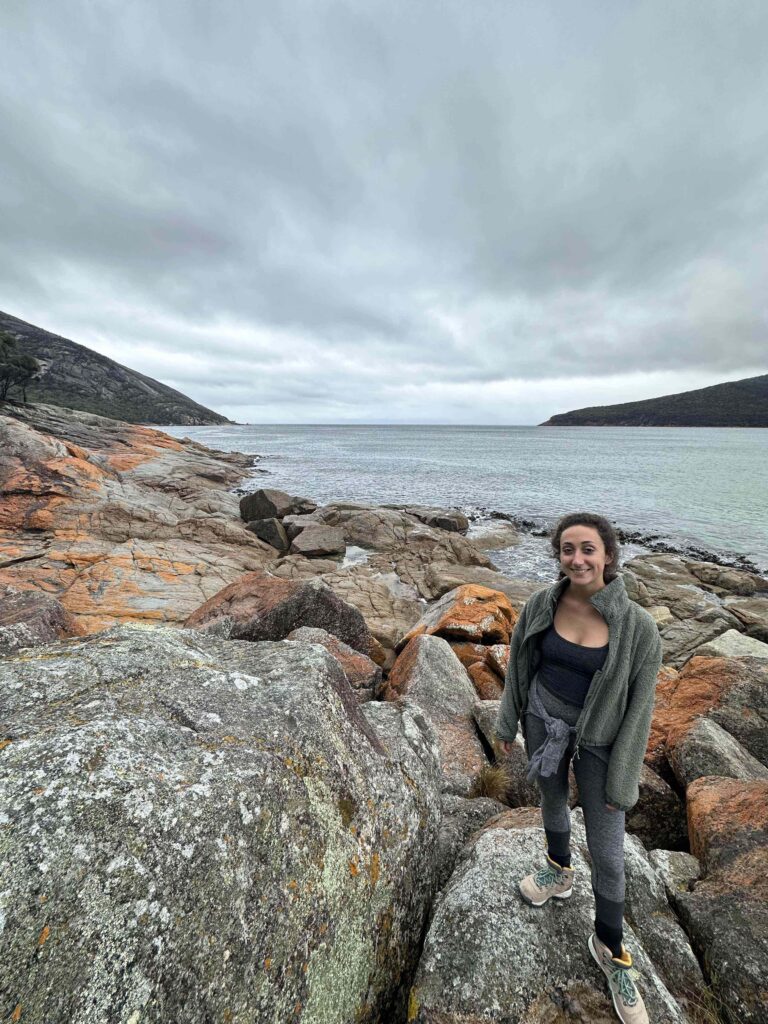
Must bring items for this hike, especially given the unpredictable climate in Tasmania are a rain jacket and hiking boots.
2. Bay of Fire
The Bay of Fire is easily one of the most breathtaking places on the east coast of Tasmania. Known historically as the unofficial Capitol for aboriginal Tasmanians, the water is crystal clear and the surrounding rocks have a stunning bright orange tint. Our tour guide, Natalie, shared that the Paloa people are the traditional aboriginal owners of the land. They spent much of their time at Bay of Fire uncovering pearlescent shells from the coast.
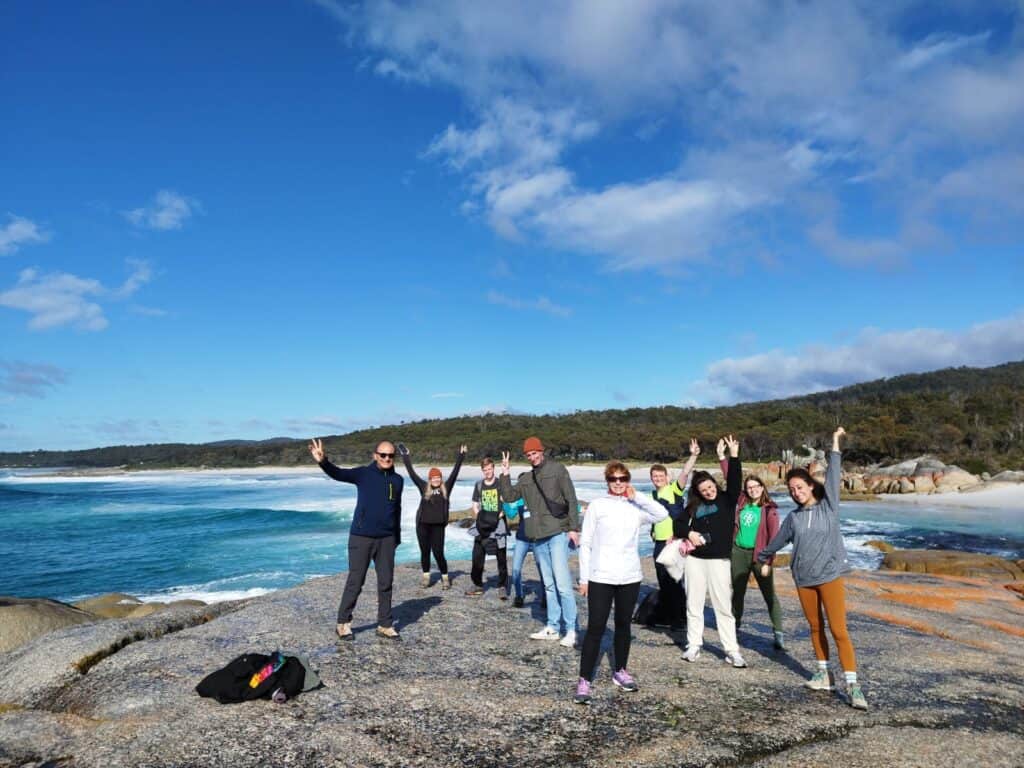
The sun shining down into the water and the opportunity to swim in the bay made this my very favorite part of the tour.
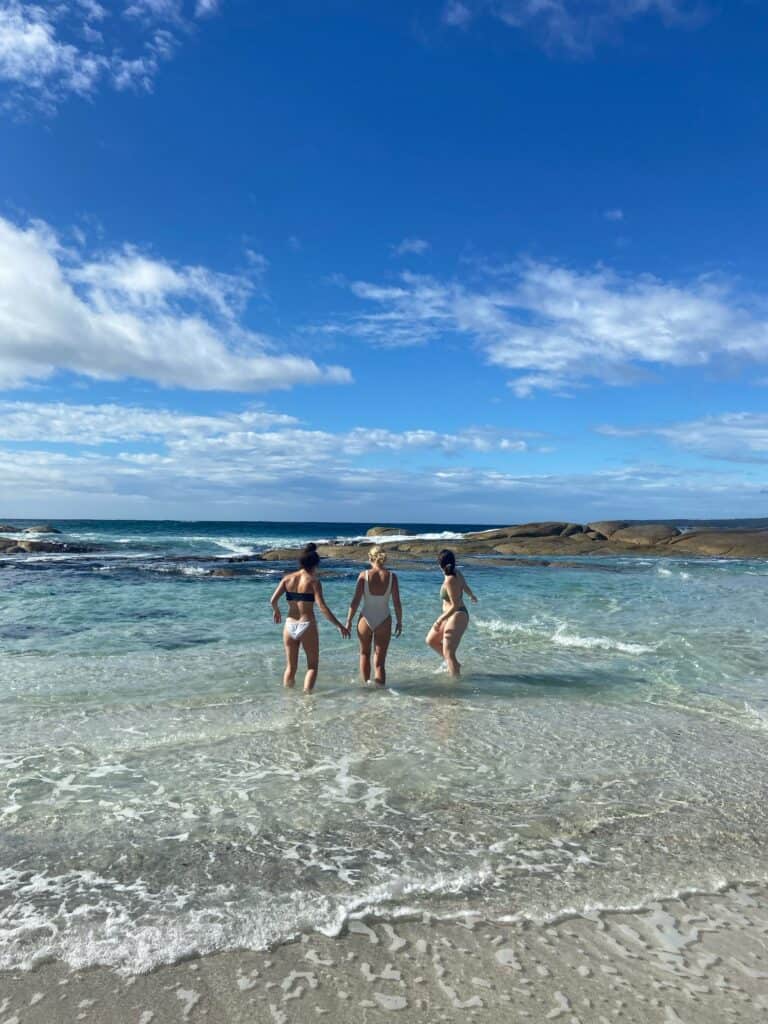
3. Trevallyn Nature Recreation Area: Cataract Gorge
One of our last days of hiking was spent on a 30 minute trail through Trevallyn Nature Recreation Area’s Cataract Gorge. Nestled in the town of Lauceston, it was clear that this trail provided a nice paved space for locals to go for runs and walks while enjoying the view of the gorge.
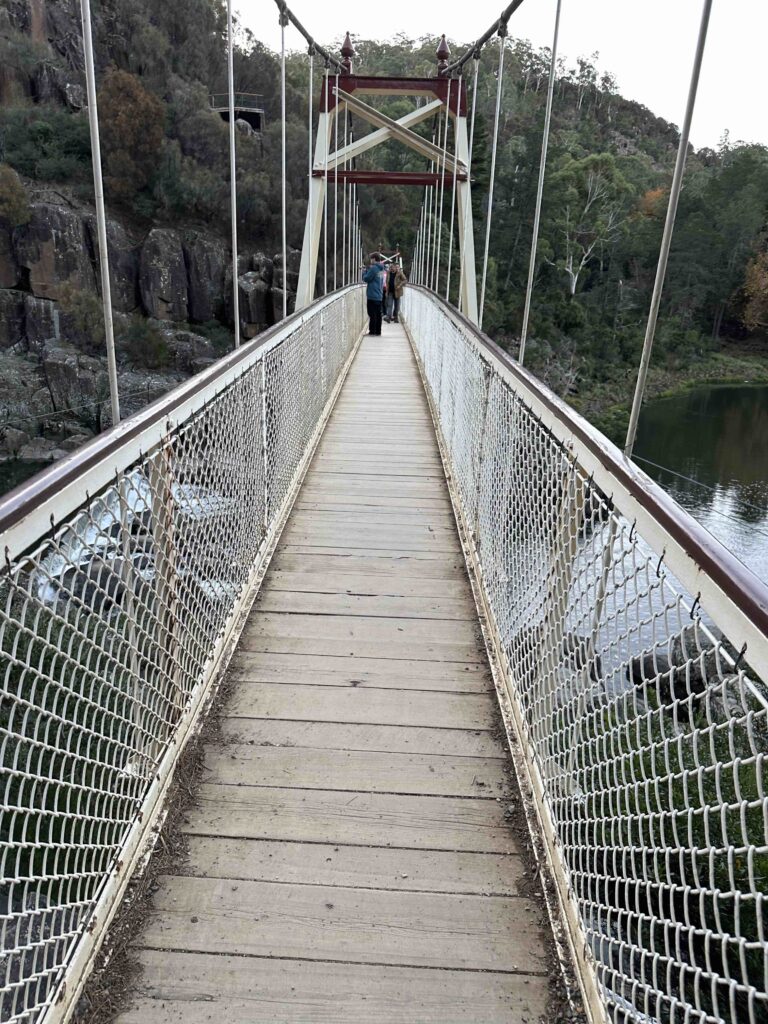
4. Cradle Mountain: Lake St. Clair National Park
Cradle Mountain National Park consumed the third full day of our tour. As a group we spent about 3.5 hours walking up Cradle Mountain and Lake St. Clair in the rain! While it was easily the wettest day I have ever experienced, it was still breathtaking, and and a day I’ll always remember.
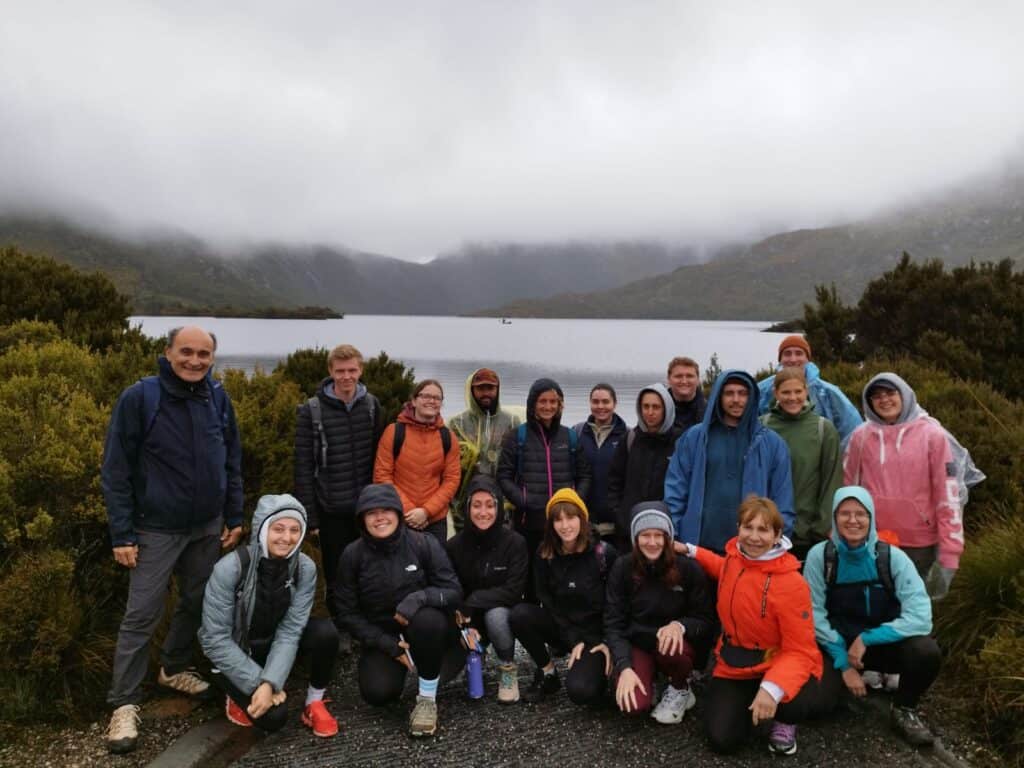
The forest surrounding Cradle Mountain is mystic with moss, ferns and red-tinted streams, lakes and rivers all around. Wallabies and wombats are the most commonly spotted animals while you are hiking.
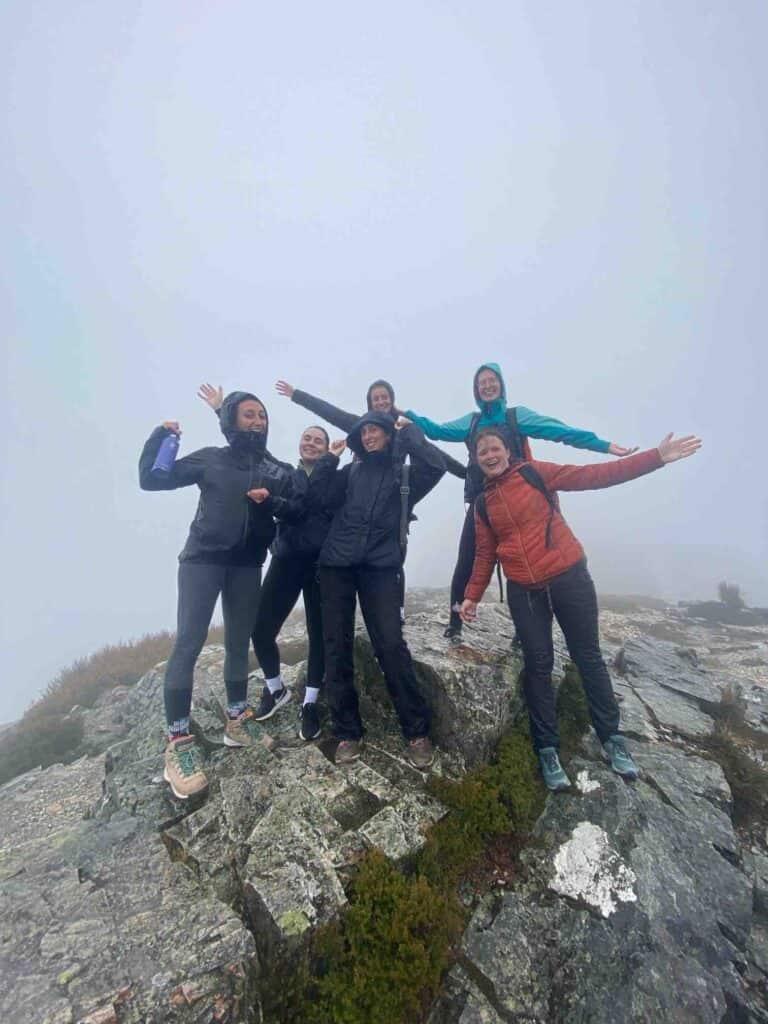
5. Tarkine Rainforest: Montezuma Falls
We spent our fourth day hiking through the Tarkine Rainforest to Montezuma Falls, otherwise known as the largest waterfall in Tasmania. After the steep hike at Cradle Mountain, I enjoyed the steady, mostly flat trek to Montezuma Falls through this forest.
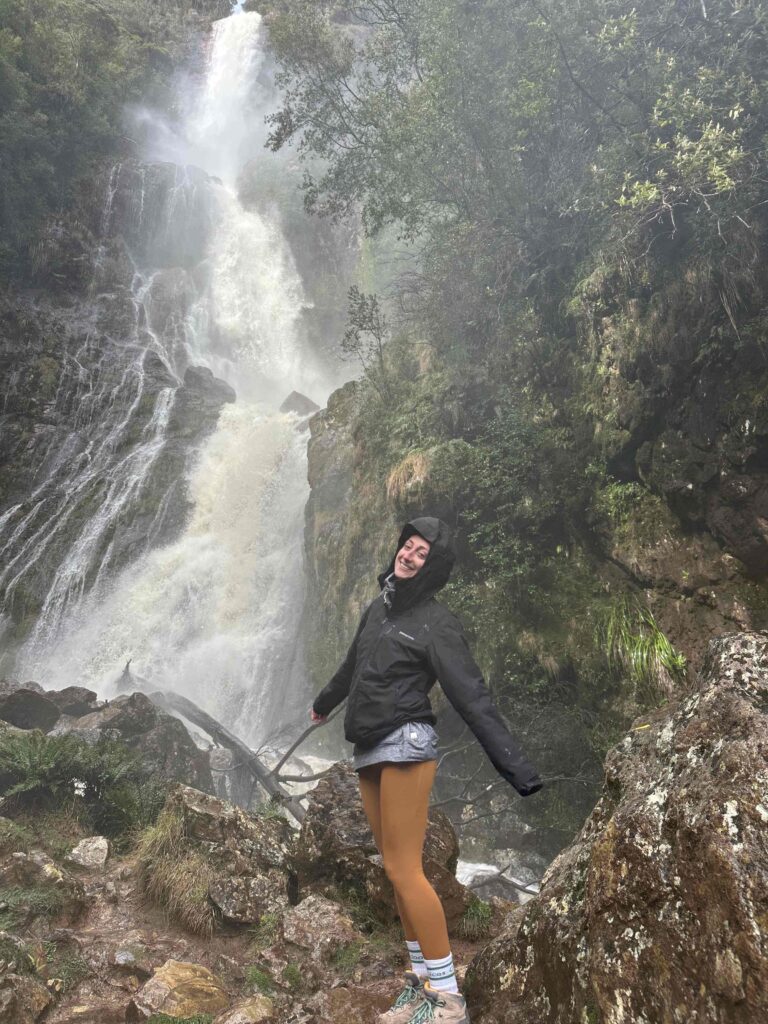
At the falls viewing point, we crossed a swinging suspension bridge — which was easily my favorite part of the day!
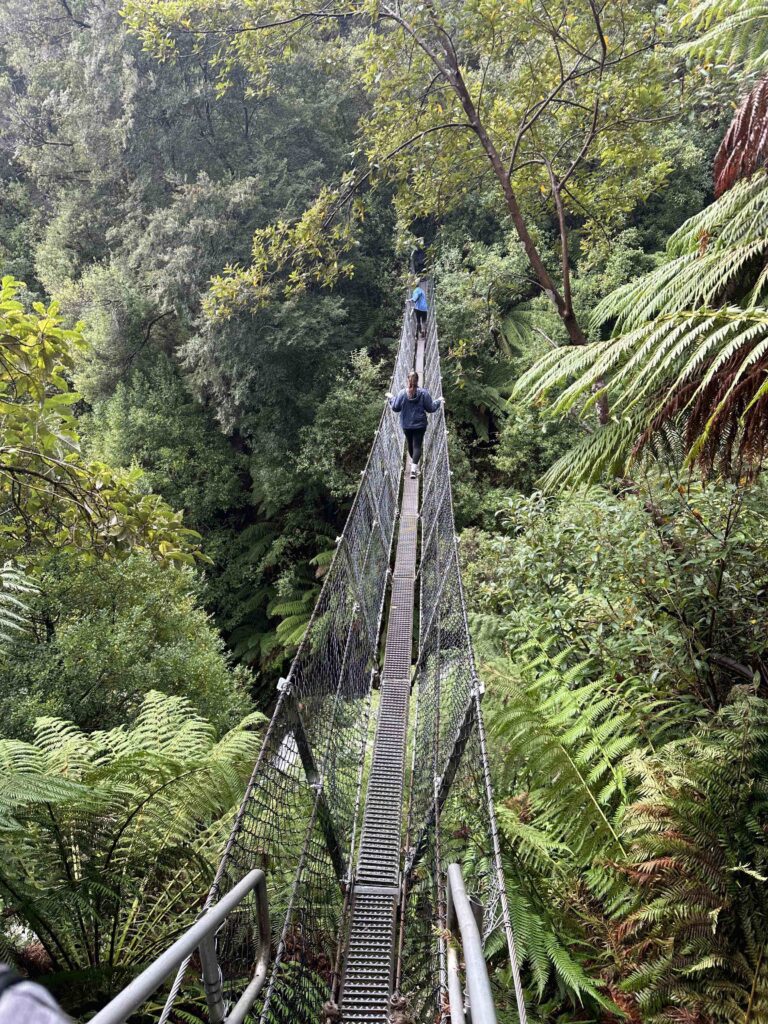
Natalie shared that this park is surrounded by the largest tin mine in the world, and that the trail itself essentially a gold mine.
6. Mount Field National Park
We spent our last day hiking through Mt. Field National Park, where we explored yet another gorgeous rainforest and a few waterfalls.
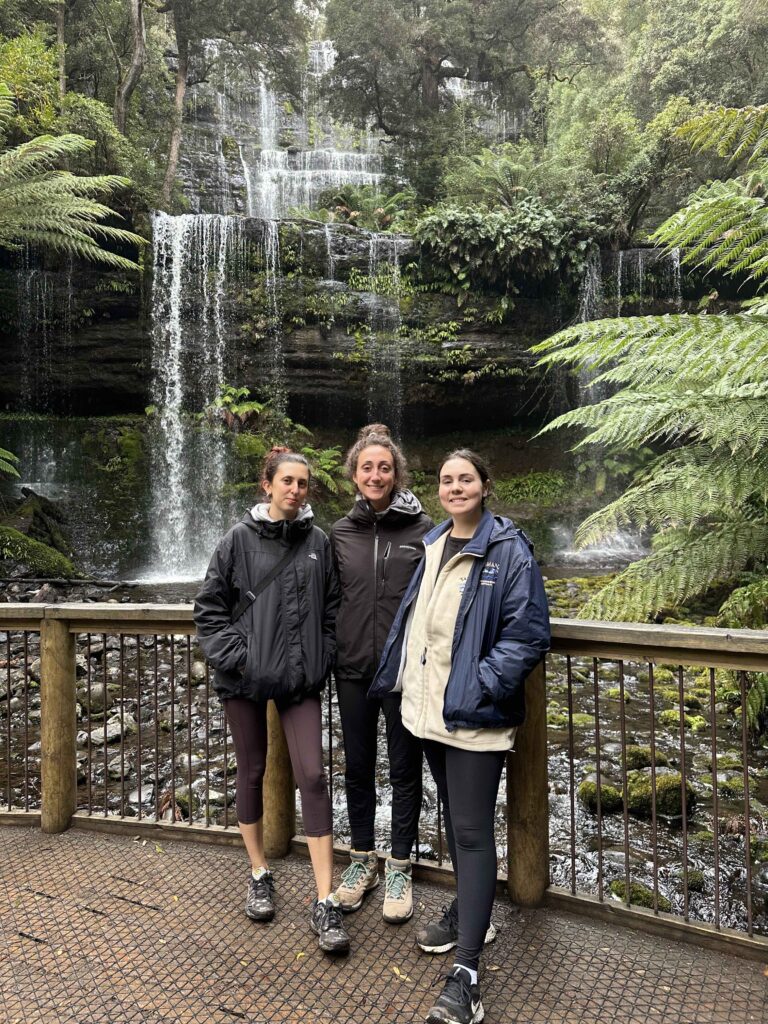
Mt. Field National Park is a popular ending point for backpackers who begin their journey at Cradle Mountain in North Central Tasmania and hike down to Mt. Field National Park, in South Central Tasmania.
FAQ:
How do you get to Tasmania?
The easiest and most popular way to get to Tasmania is by taking a flight from major cities in Australia such as Sydney, Melbourne, and Brisbane to Hobart, the capital city of Tasmania. Another option is to take a ferry from Melbourne to Devonport in the north of Tasmania. You can also drive from Melbourne to Devonport and take the ferry from there.
Flights are available to other cities in Tasmania such as Launceston and Burnie from Melbourne and Sydney. The group I traveled with chose to fly from Melbourne to Hobart.
What to bring to Tasmania?
Here’s a list of essentials to bring to prepare for the rain as you hike through the beautiful national parks in Tassie:
- Raincoat. I wore my new Patagonia rain jacket and stayed very warm from the torso up!
- Plenty of hiking socks
- Hiking books
- Water resistant hiking pants (this is the one thing I wish I had brought and did not!)
- Bathing suit
- A change of shoes
- Water bottle
- Hiking bag (water proof if you can find one)
Is Tasmania rainy?
The west coast of Tassie is far more rainy than the east coast. On the west coast, 300 days of the year, rain is heavily expected. It’s necessary to keep the vast rainforests and vegetation healthy. Plan to visit the east coast for your best chance at catching some sun rays, and swimming in slightly calmer waters.
What is the best time of year to visit Tasmania
Peak season is the summer to early fall, starting in October and ending in late April.
Are there any crocodiles in the wild (Salties/Freshies) in Tasmania?
No crocodiles inhabit Tasmania. Crocodiles are found in NSW Australia. Natalie shared that the most deadly species in Tasmania is a land dweller, the brown snake, so look out for those!
What is Tasmania best known for?
Based on the above, you probably guessed it. Tasmania is known for its incredible wildlife and nature including national parks, maintains, rainforests, waterfalls and unique animals.
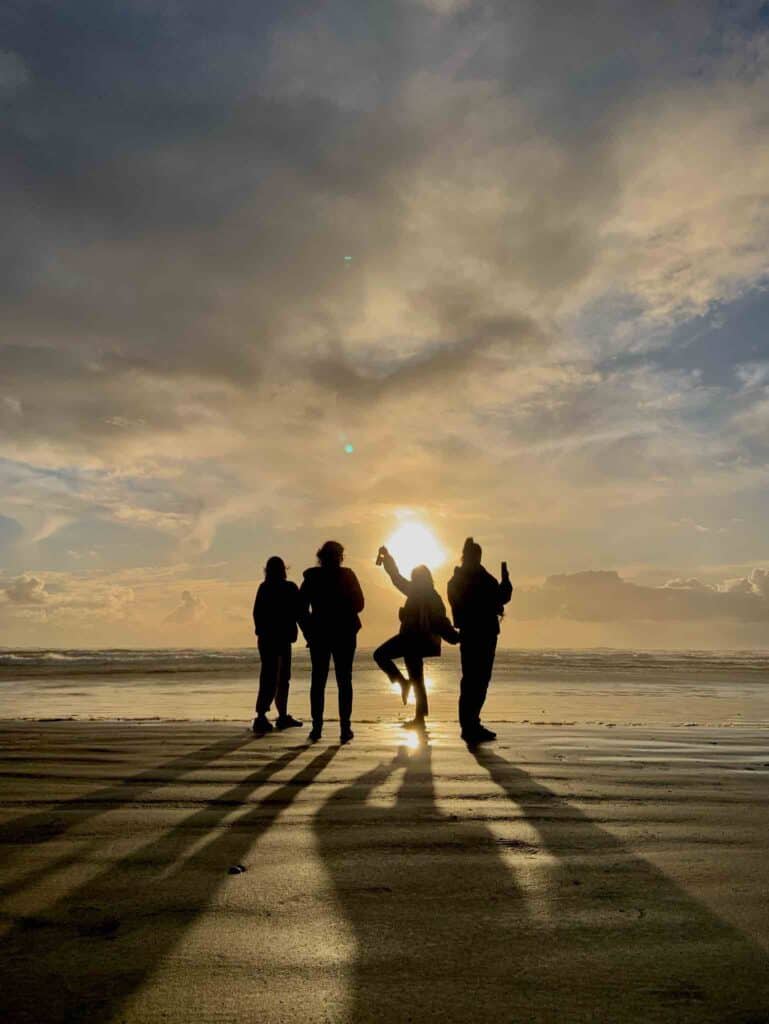
Conclusion: Best of Tasmania: National Parks, Nature and Hiking to Explore
The wildlife and nature I enjoyed with the lovely international group of travelers during this tour was life changing. The 6 national parks and trails I recommended in this guide will provide you with a unique experience from the east coast to the west coast and beautiful national parks in between. Book with Under Down Under today to save your spot.
-
Pilates for Aerialists: My Research on Deep Abdominal Engagement in Circus Artists
2024 has been an exciting and challenging year for so many reasons! One of these reasons points to the original EMG (electromyography) research I conducted on the effect of Pilates on deep abdominal recruitment in circus artists. After spending months recruiting aerialists from different corners of the UK, 8 professional and recreational aerialists and acrobats…
-
Pilates for Pelvic Floor Health
It is to my delight that talking about your pelvic floor health is becoming more popular in really any setting. Even though we can’t physically see our pelvic floors, it holds so much importance from functional strength, to urinary and fecal health, sexual health and more! Having a deeper and more connected understanding on the…
-
Pilates for Hypermobility
Hypermobility is a condition of the joints that affects more people than the majority of the population realizes. Several of my Pilates clients have been somewhat unaware of their hypermobility until I drew attention to it within our sessions and explained the range of motion that each joint is ideally designed to move through. If…
